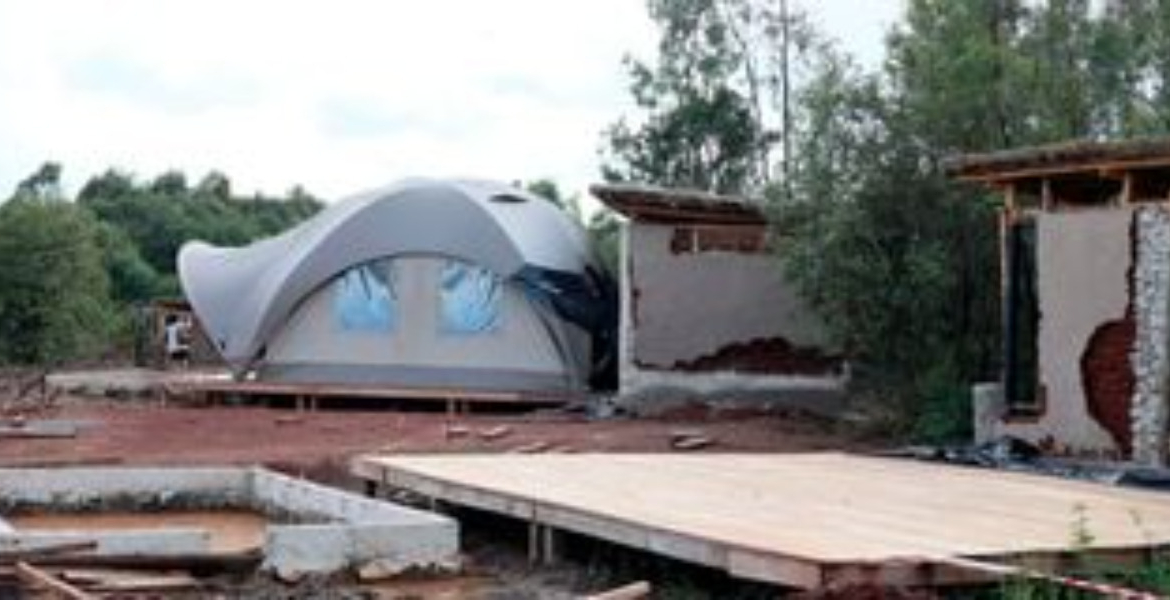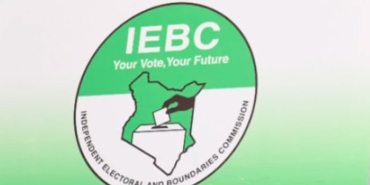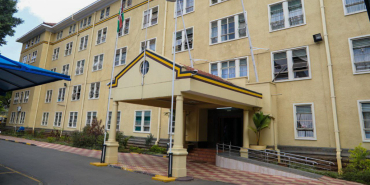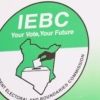Whistleblower Reveals Political Links Behind Ngong Forest Hotel Project

The construction of a luxury hotel within the Ngong Road Forest has ignited a significant controversy, as allegations of procedural irregularities, lack of environmental approvals, and potential ecological damage surface.
Konyon Company Ltd's development of a high-end eco-lodge camp on a five-acre plot within the 1,224-acre forest has drawn sharp criticism from environmentalists, community members, and legal experts, raising urgent questions about the safeguarding of Kenya's protected natural spaces. At the heart of the dispute is the alleged failure by Konyon Company Ltd to secure necessary environmental clearances from the National Environment Management Authority (NEMA) before commencing construction.
Kenyan law mandates a comprehensive Environmental Impact Assessment (EIA) for projects of this magnitude, a process that includes public participation to address community concerns and implement environmental safeguards. Peter Oluoch, the consultant initially responsible for conducting the EIA, acknowledges that the mandatory approvals from Nema have not been obtained, and shockingly admitted that the crucial step of public participation was neglected.
The absence of public consultation has sparked outrage among local residents, environmental advocates, and the local Community Forest Association, who contend that they were neither informed nor consulted about the project. They deem the development illegitimate and have called for its immediate cessation.
Beyond the procedural issues, significant concerns have been raised regarding the potential ecological impact of the hotel's construction. Environmentalists emphasise that the Ngong Road Forest is a vital ecological haven, harbouring a rich biodiversity that could be irreparably damaged by a large-scale commercial development.
Environmental expert Lawrence Rapando has criticised the project's assessment, questioning its comprehensiveness and whether it adequately considered the potential impact on the forest's flora and fauna, as well as its adherence to established protocols for identifying and protecting plant species. He has advocated for the project's cancellation due to these deficiencies. Initial renderings of the project portray a vision of sustainable tourism, featuring ten luxurious tented units, a distinctive hexadome restaurant, and wellness facilities designed to offer guests an exclusive wilderness experience.
This aspirational vision, however, stands in stark contrast to the allegations of environmental disregard and legal violations surrounding the construction site.
Adding another layer of complexity to the controversy, the ownership of Konyon Company Ltd was initially shrouded in secrecy. Subsequent investigations have revealed that the company's directorship and shareholding are linked to former Bomet East constituency MP Beatrice Cherono Kones and her daughter, Yvonne Chepkirui Kones, who is married to Belgut MP Nelson Koech.
These revelations have introduced political dimensions to the controversy, raising concerns about potential conflicts of interest and whether political connections may have facilitated the project's approval. Vijay Gollarahalli, an Indian national identifying himself as a hospitality consultant for Konyon, has sought to distance himself from the company, asserting that he is merely a consultant without decision-making authority.
Despite the growing controversy, the Kenya Forest Service (KFS), the government agency responsible for managing the Ngong Road Forest, has seemingly downplayed the issue, characterising it as a minor problem that has been blown out of proportion. This stance has drawn criticism from environmental groups and concerned citizens, who accuse KFS of prioritising private interests over the protection of Kenya's natural heritage.
During a tense consultative meeting held at KFS grounds, community members and environmentalists questioned KFS officials about the project's legality and the process by which Konyon was granted a license to operate within the forest. Concerns were raised regarding whether the area was put up for bidding and, if so, whether other bidders were considered.
Mr. John Njoroge, a licensing officer at KFS, defended the agency's decision, citing the Forest Conservation and Management Act 2016, which allows for tourism and recreational activities within public forests. He explained that Konyon's application was based on a management plan that includes provisions for ecotourism development. According to Mr. Njoroge, Konyon's request for a special user license was assessed and approved based on a technical report that concluded the site was suitable for a forest camp with minimal negative environmental impacts.
The special user's license was issued on February 3, 2025, after Konyon settled the required fees. Ms. Beatrice Mbula, the deputy chief conservator of forests, further defended KFS's decision, stating that Konyon was granted an "early entry," allowing them to begin the project while completing the EIA. She emphasised that KFS was not showing favouritism towards Konyon and had previously rejected another applicant who was unable to pay the required fees.
However, these explanations have failed to quell the public outcry, with many critics arguing that KFS has acted irresponsibly and has failed to adequately protect the Ngong Road Forest from exploitation. The Green Belt Movement, a prominent environmental organisation founded by Nobel Peace Prize laureate Wangari Maathai, has condemned the project in strong terms, vowing to explore legal options to stop the development and protect the Ngong Road Forest from irreversible degradation.








Add new comment